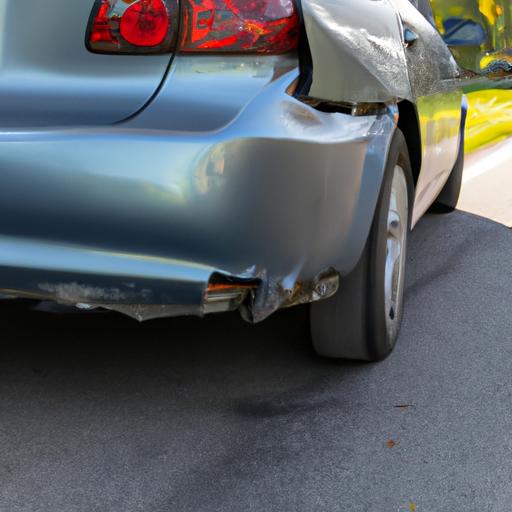Claiming car accidents is a common scenario faced by many individuals, but the process can be complex and daunting. Understanding the nuances of this process is crucial for ensuring a smooth claims experience. One key component in this process is the police report, which plays a significant role in documenting the details of the accident.
The importance of police reports in car accident claims cannot be overstated. These reports provide an official record of the incident, detailing crucial information such as the date, time, location, and parties involved. They also help establish liability and determine fault, which are essential factors in the claims process. Without a police report, claiming a car accident can pose various challenges and uncertainties.
As we delve deeper into the intricacies of claiming car accidents without a police report, it’s essential to understand the implications and considerations involved in this scenario. Let’s explore whether it’s possible to navigate the claims process effectively without the presence of a police report.
Understanding the Role of Police Reports in Car Accident Claims
What is a Police Report?
A police report is a formal document prepared by law enforcement officers detailing the specifics of an incident, such as a car accident. It includes information about the parties involved, witnesses, location, date and time of the accident, as well as any injuries or damages sustained. The report is typically filed at the scene of the accident or shortly thereafter and serves as an official record of the event.
Why are Police Reports Important in Car Accident Claims?
Police reports play a crucial role in car accident claims for several reasons. Firstly, they provide an objective account of the incident, documenting key details that can help establish liability and determine fault. Insurance companies and legal authorities rely on these reports to assess the circumstances surrounding the accident and make informed decisions regarding claims settlement. Additionally, police reports can serve as valuable evidence in court proceedings, offering a comprehensive overview of the accident for all parties involved.
Can You Claim a Car Accident Without a Police Report?
Factors to Consider When Filing a Claim Without a Police Report
When faced with the situation of claiming a car accident without a police report, several crucial factors come into play. One of the primary considerations is the availability of alternative evidence to support your claim. Without a police report, it becomes essential to gather other forms of documentation, such as photos of the accident scene, witness statements, and medical records. These pieces of evidence can help strengthen your case and provide additional support in the absence of an official police report.
Alternatives to Police Reports in Car Accident Claims
In the absence of a police report, there are alternative methods to document and report a car accident. One option is to file a self-report with your state’s Department of Motor Vehicles (DMV) or local law enforcement agency. This self-report should include detailed information about the accident, including the parties involved, the extent of damages, and any injuries sustained. Additionally, seeking the assistance of a legal professional or insurance agent can help navigate the claims process and ensure that your rights are protected. Exploring these alternative avenues can be instrumental in pursuing a car accident claim without a police report.
Steps to Take if You Don’t Have a Police Report for a Car Accident
Gather Evidence at the Scene of the Accident
When you find yourself in a situation where a police report is not available, it’s crucial to gather as much evidence as possible at the scene of the accident. Take photos of the vehicles involved, the surrounding area, and any visible damages. Collecting this evidence can help provide a clearer picture of what transpired and strengthen your claim.
Obtain Witness Statements
Witness statements can serve as valuable corroborative evidence in the absence of a police report. Speak to individuals who witnessed the accident and ask them to provide their account of the events. Their statements can offer additional perspectives and insights into the circumstances surrounding the accident, further supporting your claim.
Document Any Injuries or Damages
In the aftermath of a car accident without a police report, it’s essential to document any injuries or damages sustained. Seek medical attention promptly and keep detailed records of your injuries, treatment received, and medical expenses incurred. Additionally, make a thorough assessment of the damages to your vehicle and any personal belongings affected by the accident. Documenting these aspects can strengthen your claim and help demonstrate the impact of the accident on you.
Conclusion
Navigating the process of claiming a car accident without a police report can present various challenges and uncertainties. The difficulties in proving fault and the potential insurance complications that may arise highlight the importance of having a comprehensive documentation of the incident.
While it may be possible to proceed with a claim without a police report, the lack of this crucial document can significantly impact the outcome of the claims process. It is essential to gather as much evidence as possible and explore alternative avenues to support your claim.
In conclusion, the role of police reports in car accident claims should not be underestimated. They serve as a foundational piece of evidence that can help streamline the claims process and ensure a fair resolution for all parties involved. When faced with the dilemma of claiming a car accident without a police report, it is crucial to approach the situation with diligence and attention to detail.
